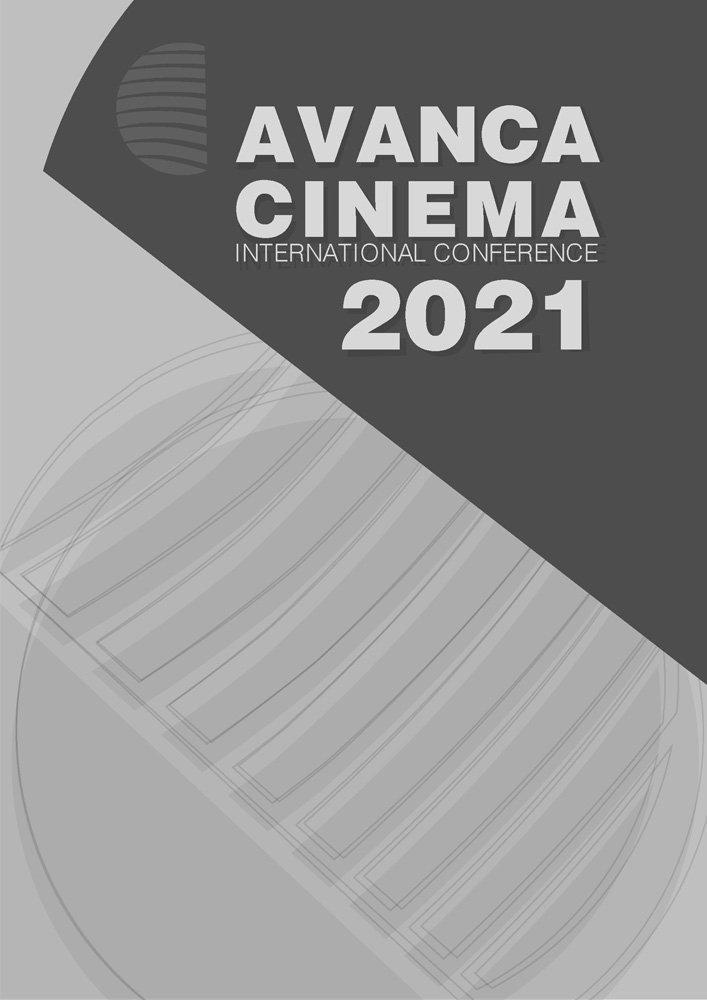Chapter II _ Cinema - Cinema
Cinema as a Potency in Portugal Foreign Policy
Abstract
The time we live in is that of the eruption of millions of subjectivities, of territorially diffuse affective communities, geographies of affections and identity belongings that go beyond the countries’ geographical boders. The continous flows of information and communication, the transition to the digital economy accelerated by the pandemic context, transformed people’s daily lives into permanent daily contact with mobile and fixed screens, at work, in the public and in the private spaces. From the cinema room to the cell phone, the cinema language is appropriated by the disciplines of marketing, advertising business communication and organizations, media, politics and artistic practices, building appeals, standards, disputing, fragmenting and uniting communities of belonging and affections. Cinema, man’s unique look at the world constitutes itself as Elian Kazan affirmed “the dialogue of the world” ,[1]. Modern activity, art and industry, from an early age this artistic pratice contaminated and was contaminated,produced behaviors,attitudes, in a double movement of appropiation and recreation of the appropriate. It is from this empirical a priori that recognizes the contamination of the real by cinema that this article is written, which seeks to identify the place of cinema, as an actor, in the construction of the image of Portugal in the contemporary world. Is there any articulation between cinema produced with funds to support portuguese cinema and public cultural policies and between these and Portugal’s external communication?

This work is licensed under a Creative Commons Attribution 4.0 International License.

